Amid escalating tensions over the Russia-Ukraine conflict, NATO Secretary General Mark Rutte recently issued a warning to countries like India, China, and Brazil about the potential for secondary sanctions and 100% tariffs if they continue trading with Russia—especially in the energy sector. This article explores the impact of such threats, India’s energy strategy, and the wider global oil trade realignments.
NATO, traditionally a defense alliance, stepped into unfamiliar territory when its chief warned of potential sanctions against countries engaging in oil trade with Russia. Indian officials responded firmly, emphasizing the alliance has no legal authority to direct sovereign economic policies. India continues to prioritize energy security over external pressure, asserting its right to diversify energy sources and secure discounted oil from Russia for economic stability. India has ramped up Russian oil imports from under 1% pre-2022 to nearly 40% in 2024. For China, it ensures supply security. Brazil views the trade as a diversification tool. All three economies benefit from discounted crude amid a volatile market, balancing fiscal responsibility with geopolitical pragmatism.
Global Oil Trade Trends:
Fig : Russian Oil Imports by India, China, and Brazil (2022–2024)
Impact of U.S. Sanctions on Global Oil Trade
U.S. sanctions on Russia, Iran, and Venezuela have reshaped global energy markets. These restrictions disrupted traditional supply lines and increased energy costs. Countries like India had to navigate shifting trade routes, rising freight charges, and volatile prices—prompting a reorientation of oil imports to ensure stable supply from multiple partners, including Russia.
The Double Standard: Europe’s Ongoing Russian Imports
Summary of Key Impacts
Issue | Description | Relevant for India? |
NATO’s mandate on sanctions | NATO lacks formal authority on international trade enforcement. | Not directly applicable |
US sanctions on major producers | Disrupt global oil markets, raise costs, and increase volatility. | High impact |
India’s oil import strategy | Diversification and discounted Russian oil ensure energy security. | Essential |
European hypocrisy on Russian imports | European nations continue partial imports despite rhetoric. | Raises fairness concerns |
While India faces criticism for continuing Russian oil imports, some European nations have quietly maintained Russian energy flows—albeit at reduced levels. This has triggered concerns over fairness and geopolitical bias in enforcement of sanctions. Critics argue that developing nations are being unfairly targeted for practices also followed in the West.
India's Path Forward
India, as a large developing nation, must prioritize secure, affordable energy imports and has logical grounds for sourcing oil based on economic needs but not on external political pressures.
Switching from discounted Russian oil to higher-priced alternatives would increase production and transportation costs, fueling inflation in both economies. As India depends on imports for over 85% of its crude needs, even a small price differential can have an outsized impact on consumer prices and economic stability
Proposed US bills threaten not just to target oil trade, but to impose secondary tariffs on all exports from countries transacting with Russia. This could result in tariffs of up to 100% or even 500% on Indian and Chinese goods entering the US. Both countries are major exporters to the US, so such measures would threaten key sectors such as manufacturing and technology, putting jobs and economic growth at risk.
US sanctions would force Indian and Chinese refiners to quickly diversify suppliers amid an already volatile market, potentially leading to logistical challenges, increased freight costs, and supply shortages. This fracturing of global oil supply chains could increase operational uncertainty for businesses and governments alike US sanctions on the oil trade do not just affect Russia—they inject additional instability into global energy and financial markets, making economic planning more difficult for major oil importers, including India and China. This volatility weighs on their broader growth trajectories and policy autonomy
While geopolitical alliances like NATO may raise concerns, India is unlikely to compromise on its national interest. A possible way forward lies in diplomatic engagement, strengthening multilateral platforms like BRICS and G20 to ensure global energy equity, and pursuing long-term diversification through renewables and regional partnerships.

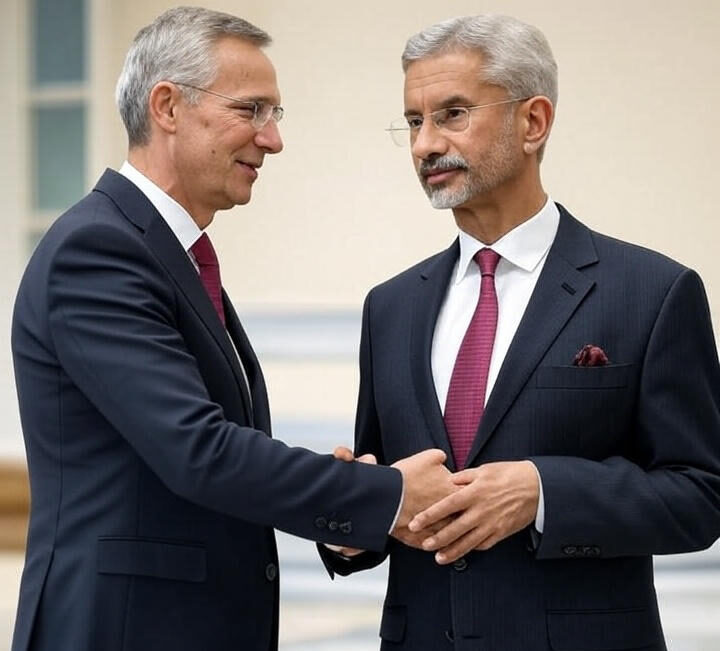
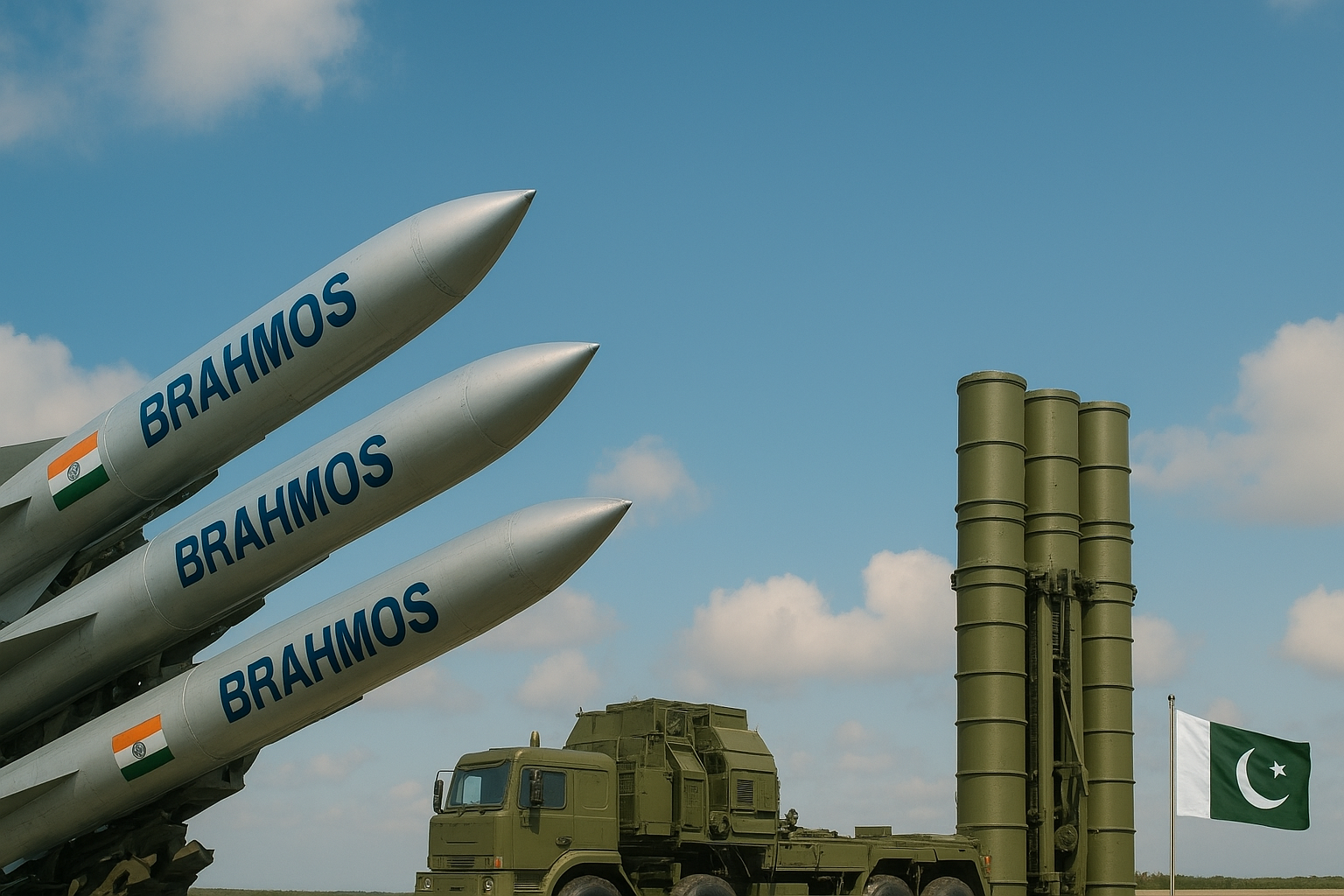
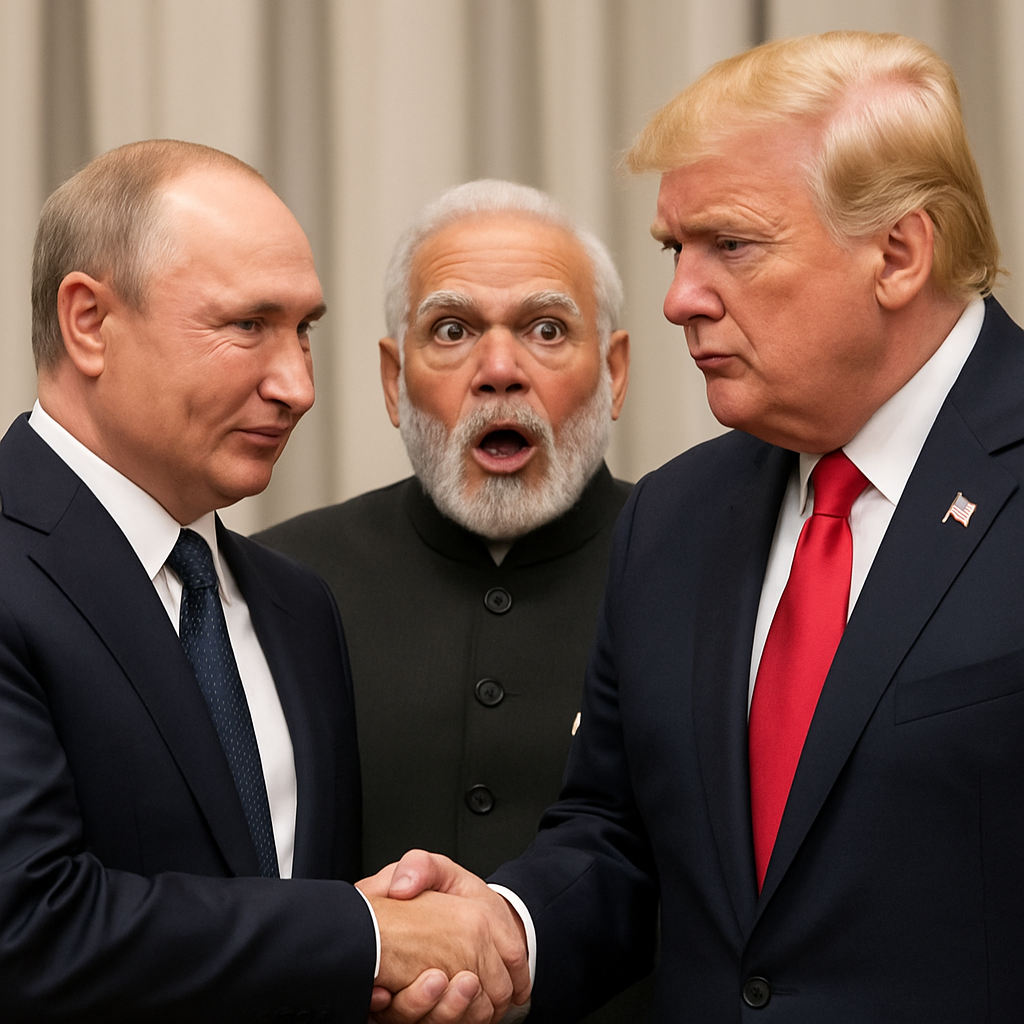
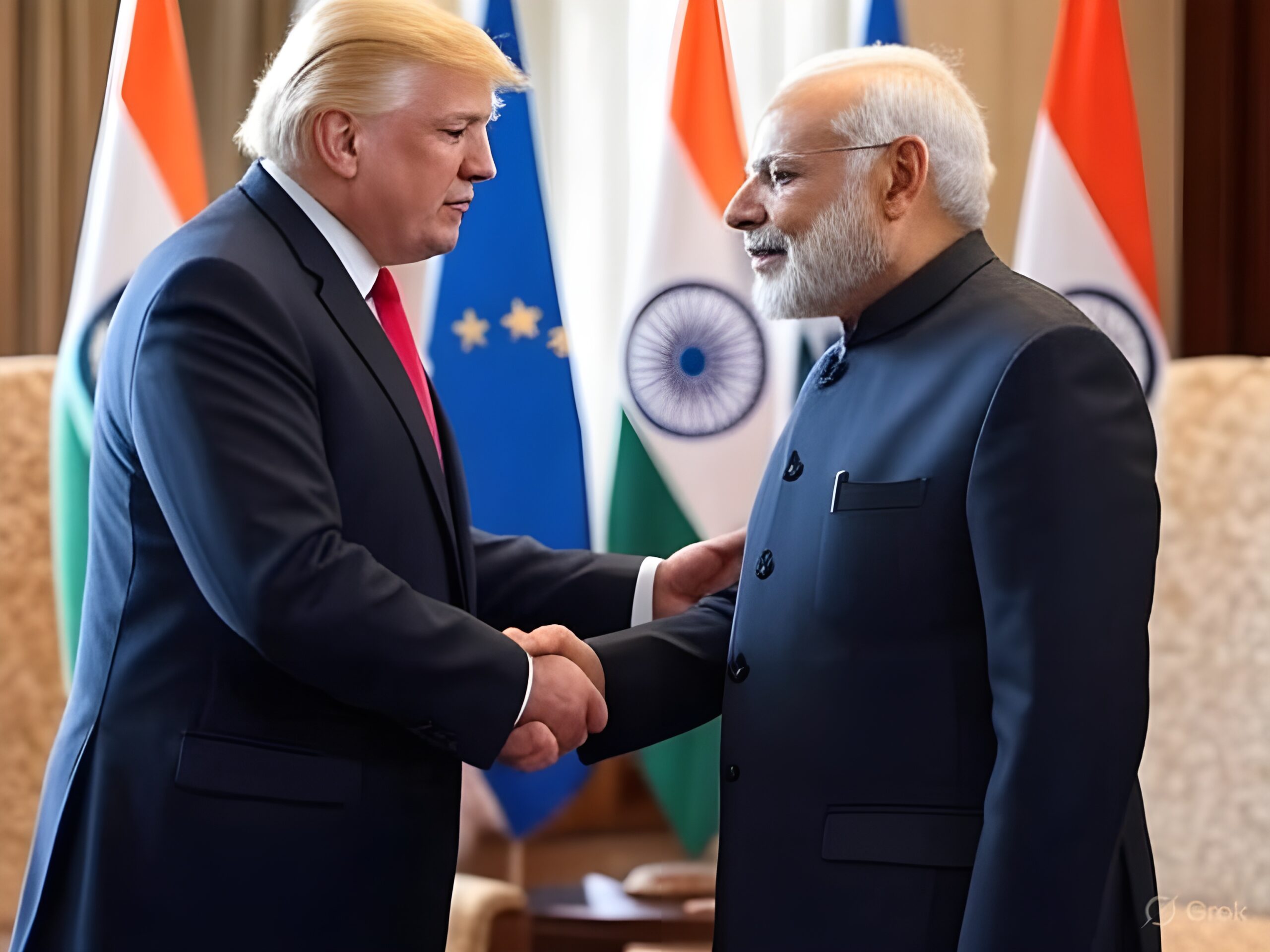









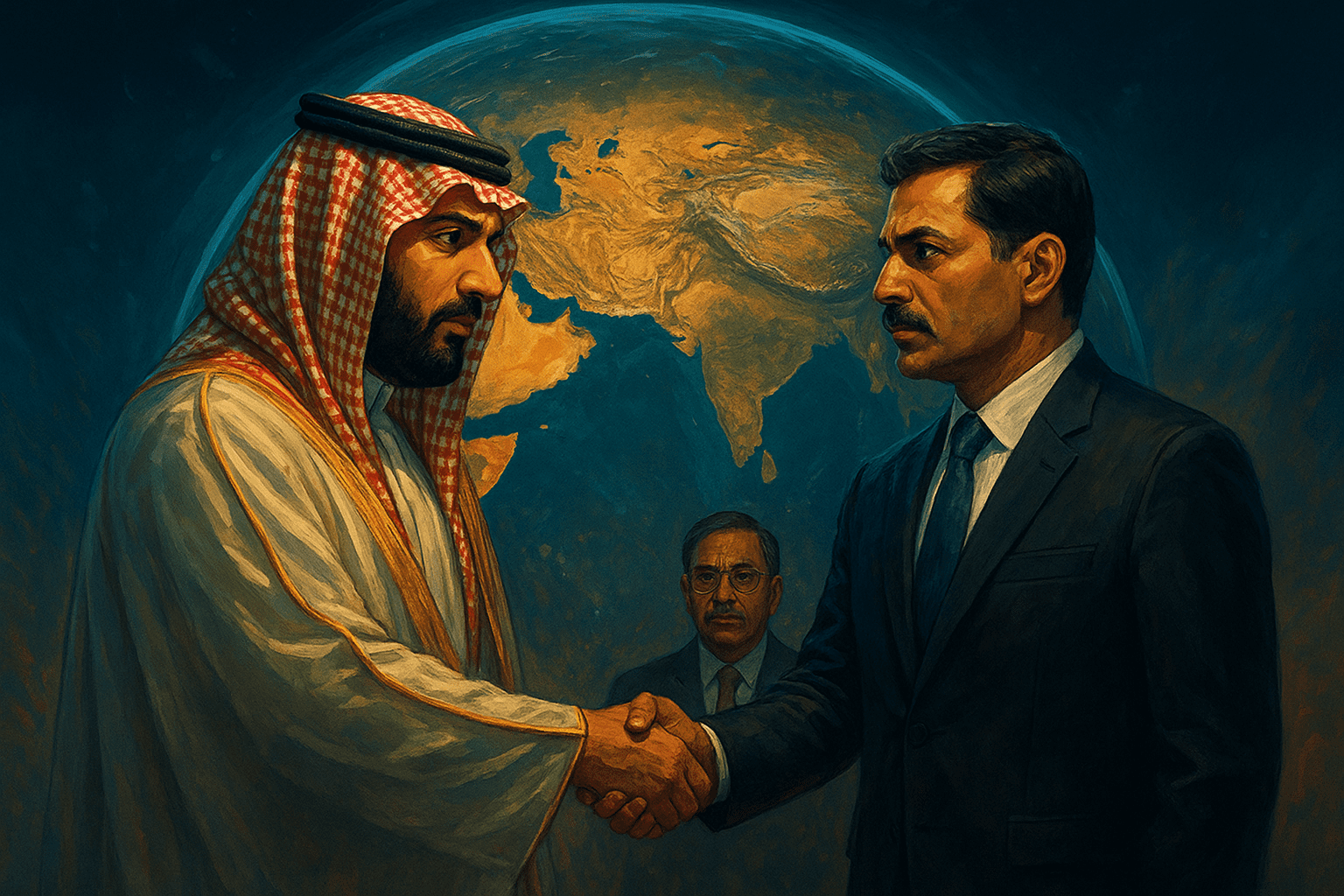
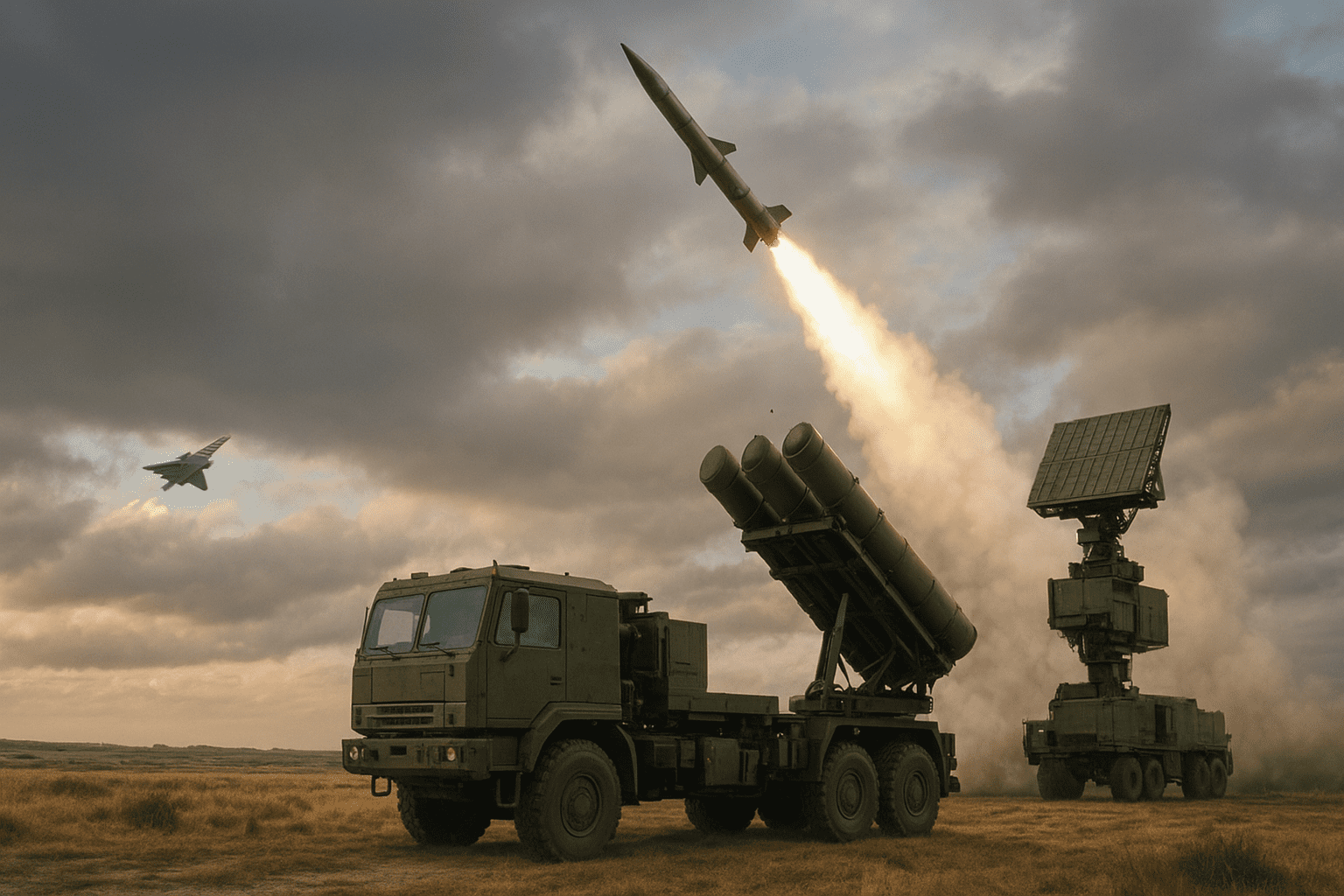
1 Comment
Architecto cum et voluptatem aut. assumenda cum itaque. Nam incidunt aperiam enim Enim in accusantium Facere dolorem aut sint enim. Dolores non molestias voluptatem. Odit fugiat voluptatibus minima et sunt. Maiores doloremque autem itaque. Quo nihil animi cumque rerum Iure repellendus quibusdam quo et. Cum a est quos ea tempora. eligendi qui inventore quis esse asperiores Quasi fugiat qui tempora quam in. Voluptas dolorum ea maxime minus ea est.